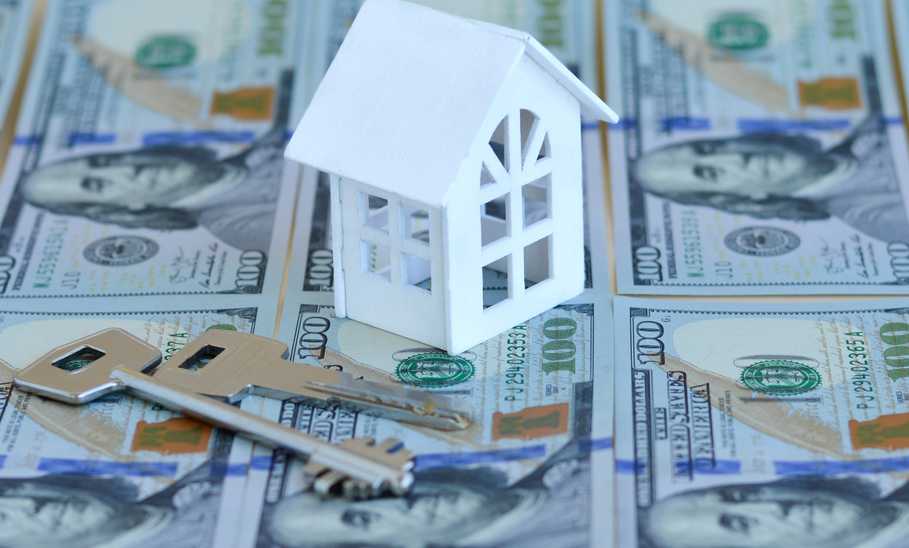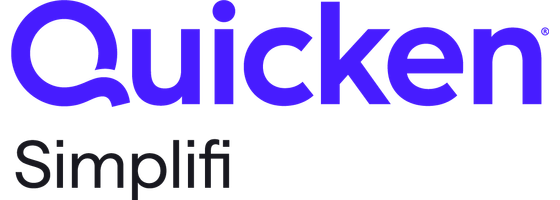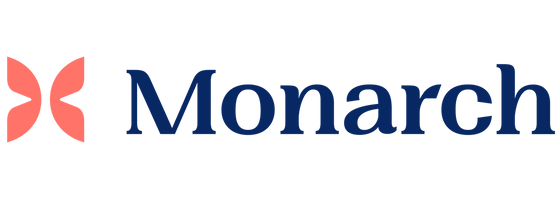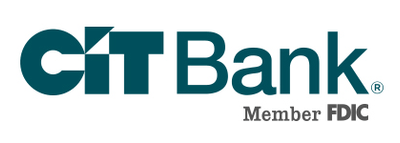Cash to Close: Definition, Calculation & How to Prepare Early

Our evaluations and opinions are not influenced by our advertising relationships, but we may earn a commission from our partners’ links. This content is created by TIME Stamped, under TIME’s direction and produced in accordance with TIME’s editorial guidelines and overseen by TIME’s editorial staff. Learn more about it.
After the excitement of having your offer on a new home accepted comes the work needed to close on it—and all the new terminology you have to learn. Even if you’re more than a little tired from all that searching, you’ll need to get more done to make sure everything goes smoothly at that all-important closing. Getting cash to close is a key task.
Cash to close covers the costs and fees you need to pay when you purchase a home, many of which are part of taking out a mortgage. More specifically, it’s the amount you will need to pay on closing day to officially finalize your home purchase. While the terms refer to cash, you probably won’t be toting actual briefcases of currency to your closing—that wouldn’t be safe, for one. Payment methods may vary, and we’ll cover those.
The exact amount and types of costs you’ll need to pay at your home closing may differ, but they’re most commonly broken down into the following categories:
Both of these terms are used to refer to the amount of money you'll need to have on hand when closing on your home, but one is a subset of the other. Closing costs specifically refer to the amount you’ll need when you close on your home loan.
Among the fees that compose closing costs:
Cash to close, on the other hand, refers to all the money (including closing costs) you will need at closing in order to purchase the home. This can include having a homeowners insurance policy in effect on or before closing day and the large amount you’re likely to need for a down payment.
You can determine what your cash to close amount will be by looking at any of the costs you've agreed to, such as your down payment and any ones from your mortgage lender listed in your loan estimate. Don’t forget to factor in other closing costs such as mortgage points, estimates of property taxes, and homeowners insurance—plus anything that will reduce the amount you’ll need to pay, such as lender credits and your earnest money.
Methods of payment will vary based on your mortgage lender, title company, and even where you live. In most cases, you can only pay through a wire transfer or certified check. On rare occasions, you may be able to use a cashier's check or debit card for some costs.
You can also find out the exact amount you need as cash to close in your closing disclosure, a document your mortgage lender is legally required to provide. It will itemize the costs you will need to pay, including the total amount owed at closing. You can also talk to your real estate agent or attorney to help you estimate costs so you’re prepared as ahead of time as possible.
Making sure you have the right amount of cash during closing is crucial to finalizing the purchase. The amount may seem large, so it’s best to start setting aside money as soon as possible in preparation.
Here are several ways you can start to budget for the amount you’ll need:
 |  | |
|---|---|---|
| Cost | $2.99 a month | $14.99 a month or $99 a year |
| Promotion | LIMITED TIME 3-month free trial to existing Mint users | N/a |
| Features | Starts with tracking expenses to build a personalized budget based on your preferences, like zero-based budgeting or 50/30/20 | Budget creation with or without a partner (you can even invite your financial advisor) and also track investments |
| Links to accounts | Yes | Yes |
A closing disclosure is a five-page document outlining the costs you'll need to pay at closing and your projected monthly payments to the lender. You will receive this document at least three business days before you close on your home. That way, you will have time to look over the costs and reach out to your lender with any questions. Be sure to review it with your real estate agent and/or attorney to make sure that everything is in order.
Understanding how much cash to close you need will ensure that your home buying process will go smoothly. Even though you’ll have an estimate and budget accordingly, prepare for the amount fluctuating. You’ll know exactly how much you’ll owe once you receive the closing disclosure from your lender.
If a cash to close is negative it means your lender credits are higher than your loan costs—and you’re actually going to leave the closing with money due to you. Don’t forget, however, that you’re paying for this with a higher interest rate. You may be reimbursed for this amount if you were the one who initially paid it out of pocket.
The amount you owe at closing could be higher than you expected. Among the reasons:
Your cash to close includes any credits or refunds for fees that are included in your closing. In the very rare situation that these credits more-than-offset your closing costs, the cash to close might be lower than those costs.
The information presented here is created by TIME Stamped and overseen by TIME editorial staff. To learn more, see our About Us page.




